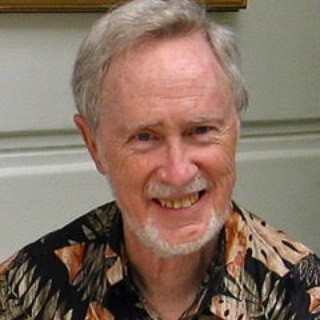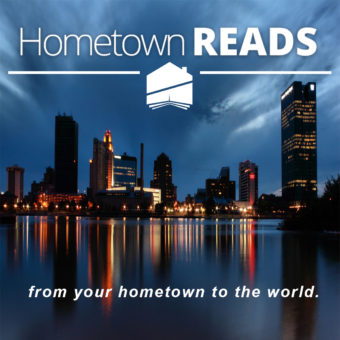Don’t Overlook Senior Citizen Organizations
About a year ago I became acquainted with an organization in the San Diego area called “Oasis”. It offers numerous programs to stimulate the minds and bodies of local persons over 50 years of age. One of the programs is a very extensive series of lectures and presentations on almost every topic you could imagine. Being an experienced public speaker, I inquired if they might be interested in an of several talks I occasionally give to small groups around the area. After vetting me a bit, they said they would.
Over the past year, I have so far given nine presentations on four different topics to Oasis audiences, which have ranged in size from 25 to 40 attendees. One of the talks, the slide show I give most often, is entitled “The Uniqueness of the San Diego Region”, and is based on my book San Diego: An Introduction to the Region, now in its fifth edition. This presentation not only familiarizes the audience with the book, but Oasis is kind enough to permit authors to have a book signing party at the end of the talk, if they so desire. At those, I have typically been able to sell anywhere from 2 to 6 copies of the book.
To reach out to a similar type of audience, I recently gave this presentation to the residents at a large retirement facility in San Diego, where it was well received. I was able to sell seven copies at the end of that particular slide show and talk.
I have found it to be a good approach when giving these talks to keep things as informal as possible. I welcome questions during the talk, and always save time at the end of the talk for additional questions. Another tip: if after the talk no one puts their hand up immediately to ask a question, since a prolonged silence is something to be avoided, you can often get the ball rolling by suggesting a question yourself, by saying something like “You may have wondered why I said (such-and-such) during my talk. I didn’t want to go into too much detail right then, but if you’d like further explanation about that, just fire away with whatever’s on your mind.” That will usually get the questions started.
If the city where you live is not as large as San Diego, or isn’t particularly a retirement community, a similar type of organization is book clubs. Even smaller cities might have two or three of these.
Ask around, or see what you can find listed on the internet for your region. A talk to a local book club can be very productive if your book, like mine, has a specific focus on the immediate region. But even if it doesn’t, the fact that you’re a local author may be an adequate stimulus.
Best wishes for successfully promoting and selling your book!









What People Are Saying